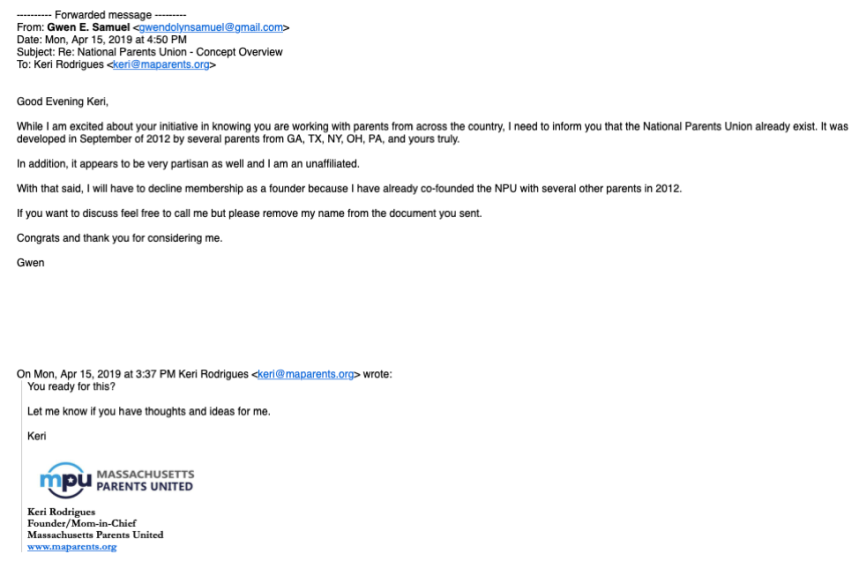Republican Teachers: Tell legislators to support public education
Indiana’s Republican State Superintendent of Public Instruction, Jennifer McCormick, was careful to speak in non-partisan terms when she visited Fort Wayne last week. She didn’t call out one specific party for its anti-public education legislation, even though everyone in Indiana knows that the Republicans are doing their best to privatize and skimp on funding for public education.
McCormick is a Republican.
McCormick’s predecessor, Glenda Ritz, was also a Republican before she ran for the Superintendent’s position in 2012. She took office, however, as a Democrat…and ran into the wall of the Republican Supermajority for everything she wanted to do for public schools in Indiana.
In the 2016 election, Ritz and McCormick had similar platforms. McCormick, however, said that she could get things done because she was a Republican. She could talk to the members of her own party and get them to understand what public schools and public school teachers needed. She tried, but she was also stopped by the Republican legislators.
It doesn’t take the logic of Spock to deduce that the Republicans in the Indiana legislature are against public education. For the last dozen years the Republicans in the Indiana House and Senate have introduced and passed legislation aimed at funding vouchers and charters, deprofessionalizing the teaching profession, and starving public education.
But Glenda Ritz was a Republican before she was a Democrat, and she supported public education…and Jennifer McCormick is a Republican and she supports CONTINUE READING: Republican Teachers: Tell legislators to support public education | Live Long and Prosper





















